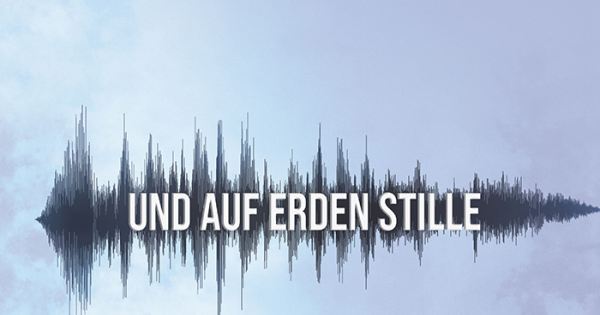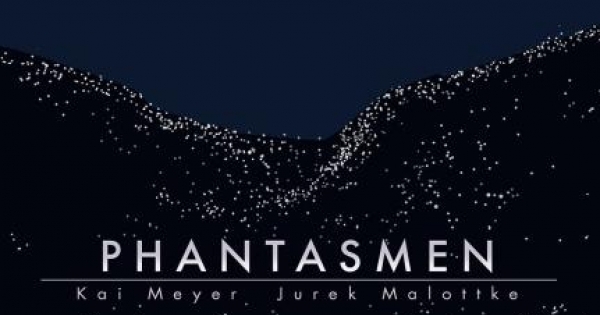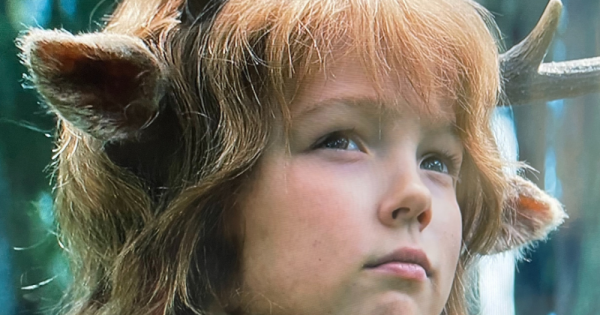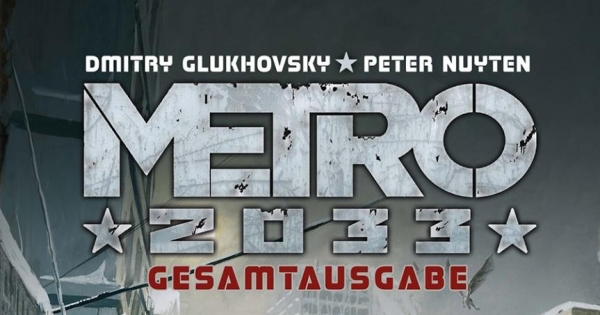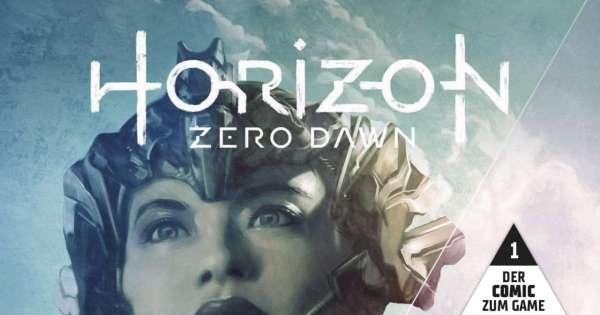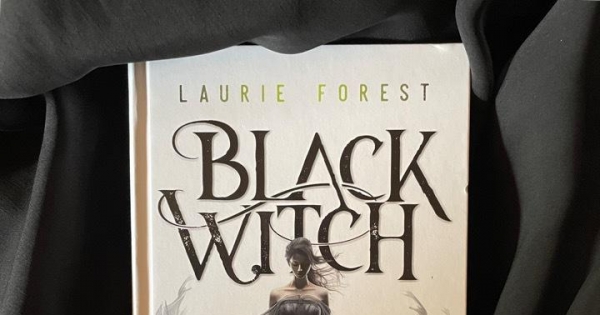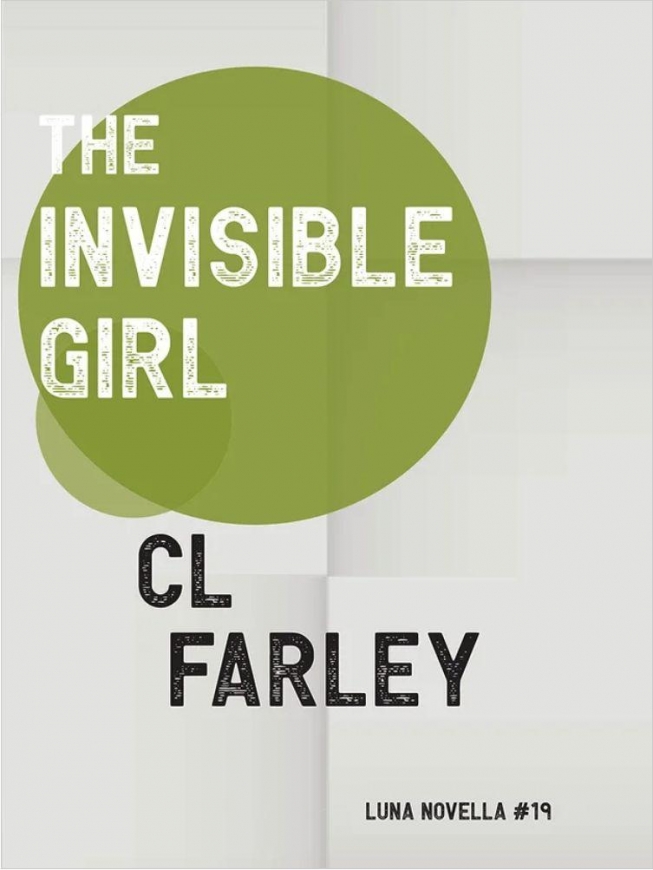Book Summary (Click for English Version)
The protagonist Maggie is a highly traumatized girl suffering from strange visions and hallucinations in a post-apocalyptic Bloemfontein, South Africa. That apocalyptic event has left the survivors with strange powers, channelling what they wished for most in the moment of catastrophe.
As a neurodivergent person on the autism spectrum, she wished to be invisible, which gives her the ability to navigate in a hostile world full of fractions and apparitions, who do not tolerate her difference well.
The story starts with Maggie living along living of scraps in an abandoned house, after being abandoned by her otherwise close-knit community, grudgingly accepting some far travelled visitors who tell her that she and her abilities are the key to undo all the harm caused by the apocalypse.
CL Farley surprises us here with a very engaging tale where reality and hallucination often merge into one often violent and nightmarish trip through the streets of postapocalyptic Bloemfontein. A worthwhile read also to understand the perspective from the perspective of a neurodivergent protagonist.
Die Hauptfigur Maggie ist ein schwer traumatisiertes Mädchen, das in einem post-apokalyptischen Bloemfontein in Südafrika, unter seltsamen Visionen und Halluzinationen leidet. Eine Katastrophe hat die Überlebenden mit seltsamen Kräften ausgestattet, die das kanalisieren, was sie sich im Moment des Unglücks am meisten gewünscht haben.
Als neurodivergente Person auf dem Autismus-Spektrum wünschte sie sich, unsichtbar zu sein, was ihr nun die Fähigkeit verleiht, sich in einer feindseligen Welt voller gesellschaftlicher Brüche und seltsamer paranormaler Erscheinungen zurechtzufinden. Eine Welt, die ihr Anderssein nicht gut verträgt.
Maggie lebt in einem verlassenen Haus von Abfällen, nachdem sie von ihrer sonst so eng verbundenen Gemeinschaft im Stich gelassen wurde, und widerwillig einige weitgereiste Besucher akzeptiert, die ihr sagen, dass sie und ihre Fähigkeiten der Schlüssel sind, um all das durch die Apokalypse verursachte Leid rückgängig zu machen.
CL Farley überrascht uns hier mit einer sehr fesselnden Geschichte, in der Realität und Halluzination oft zu einem gewalttätigen und alptraumhaften Trip durch die Straßen des postapokalyptischen Bloemfontein verschmelzen. Eine lohnende Lektüre, auch um die Perspektive aus der Sicht einer neurodivergenten Protagonistin zu verstehen.
Interview mit der Autorin CL Farley
Interview with the Author CL Farley (Click for English Version)
Mala Mukherjee Suess: Tell us about the book The Invisible Girl
CL Farley: Simply put, The Invisible Girl is a fairly surreal story about a woman with a form of trauma-induced psychosis trying to survive as an outcast in a post-apocalyptic world. On a deeper level, it’s about how our perception of reality influences the way we live our lives and the challenges of living with trauma and mental health issues that profoundly affect day-to-day life.
Mala: I loved the colorful language. As a neurodivergent person I sometimes have the feeling of seeing more colors and feeling more intense emotions and reading your book was an epiphany, because it is written how my mind travels, creating associations between what I see and everything I ever saw or felt before. Do you think that the book can be helpful for neurodivergent people as a tool for self-discovery?
Caitlin: First off, I’m so happy you enjoyed this aspect of the book! Obviously, there’s a lot of diversity within the range of neurodivergent experiences, but something many of us have in common is a unique way of noticing details and piecing them together. Maggie’s approach to life, the way she perceives things as well as the way she ‘tests’ whether those perceptions are real or not, is very much about navigating unusual thought processes.
Although I tend to write with a clear concept of an experience I want to share with readers, I also want to leave the deeper aspects of each story open. This is because I prefer it if everyone who reads my work finds whatever insight and wisdom they need from it. So, I’m not sure if the book can work as a tool for self-discovery in the most general terms, but I always hoped other neurodivergent people would find something positive to take away from this story.
Mala: How do you think this book can help with the acceptance of neurodivergent views?
Caitlin: I once tried to explain to somebody that I couldn’t go out to eat with them in case I found the sound of other people eating intensely disturbing (It was a bad day for my mild misophonia). It was not a great conversation! But part of life when you’re neurodivergent or have some kind of chronic mental health issue is deciding if you’re going to be honest about your challenges or try to hide them. Unfortunately, hiding them is often easier than trying to explain why it’s difficult for you to navigate situations that are normal and easy for others.
So, one of my main goals with this story was to craft a narrative that immerses readers in Maggie’s head to fully experience her life with all its challenges. While I had to take some artistic liberties, I’ve tried to capture the essence of how disorienting and uniquely stressful it is to live with psychosis (while bearing in mind that this is an incredibly complex and nuanced collection of symptoms). Considering how many reviewers have mentioned that they became confused about which aspects of the book were real and which ones were part of Maggie’s ‘unreality,’ I think I nailed it.
I also want to mention here that one of the reasons I chose to write about psychosis specifically is because its so stigmatized. Most of the time, media portrays people experiencing psychotic episodes as villains and/or ‘unpredictable crazy people.’ The ignorance behind this, and the harm it causes, made me want to offer a more layered understanding.
Mala: The story is set in South Africa, a very multicultural country with a turbulent past. Here in Europe, we either know South Africa as a country known for excellent wine or District 9 by Neill Blomkamp and The Antwoord as cultural South African voices with a post-apocalyptic style. How did South Africa, its multicultural society and the current social situation influence this book?
Caitlin: Mostly, its provided a stark contrast to the way society is most commonly depicted in popular media. South Africans, for the most part, see each other as one big family. We tend to be loud, irreverent, almost embarrassingly direct, and we satirize everything. We also have a very strong sense of community, which does influence some of the conflict in this book. On one hand, we have Maggie (rightfully) expecting her community to help her while, on the other, we have a community saying, via Enzo, that there’s nothing more they can do for her and she has to be exiled for everyone else’s safety.
In terms of the setting, we’re a developing country with some very annoying infrastructure problems so it sometimes feels like we already live in a post-apocalyptic scenario. We make it work by helping each other, which again comes back to the conflict between Maggie and the other survivors.
Mala: What would you consider the most important message in your book?
Caitlin: As I said earlier, I prefer to let each person who reads my stories find their own message within them. All I’m doing is asking people to think about how we treat each other while offering them a glimpse into a significantly different way of seeing the world.
Mala Mukherjee Suess: Liebe Caitlin, erzähle uns etwas über dein Buch The Invisible Girl (Das unsichtbare Mädchen)
CL Farley: Einfach ausgedrückt ist Das unsichtbare Mädchen eine ziemlich surreale Geschichte über eine Frau mit einer Form von traumabedingter Psychose, die versucht, als Ausgestoßene in einer postapokalyptischen Welt zu überleben. Auf einer tieferen Ebene geht es darum, wie unsere Wahrnehmung der Realität die Art und Weise beeinflusst, wie wir unser Leben leben, und um die Herausforderungen, die das Leben mit einem Trauma und psychischen Problemen mit sich bringt, die das tägliche Leben stark beeinflussen.
Mala: Mir hat die farbenfrohe Sprache gefallen. Als neurodiverse Person habe ich manchmal das Gefühl, mehr Farben zu sehen und intensivere Emotionen zu empfinden. Und die Lektüre Ihres Buches war eine Offenbarung, weil es so geschrieben ist, wie mein Geist reist und Assoziationen zwischen dem, was ich sehe, und allem, was ich jemals zuvor gesehen oder gefühlt habe. Glaubst Du, dass das Buch für neurodivergente Menschen ein Hilfsmittel zur Selbstfindung sein kann?
Caitlin: Zunächst einmal freue ich mich sehr, dass Dir dieser Aspekt des Buches gefallen hat! Natürlich gibt es innerhalb der Bandbreite neurodivergenter Erfahrungen eine große Vielfalt, aber etwas, das viele von uns gemeinsam haben, ist die einzigartige Art, Details wahrzunehmen und sie zusammenzufügen. Maggies Herangehensweise an das Leben, die Art und Weise, wie sie die Dinge wahrnimmt, und die Art und Weise, wie sie "testet", ob diese Wahrnehmungen real sind oder nicht, hat viel mit dem Navigieren in ungewöhnlichen Denkprozessen zu tun.
Obwohl ich dazu neige, mit einem klaren Konzept für eine Erfahrung zu schreiben, die ich mit den Leser*innen teilen möchte, möchte ich auch die tieferen Aspekte jeder Geschichte offenlassen. Das liegt daran, dass ich es vorziehe, wenn jeder, der meine Arbeit liest, die Einsicht und Weisheit findet, die er braucht. Ich bin mir also nicht sicher, ob das Buch als Hilfsmittel zur Selbstfindung im weitesten Sinne dienen kann, aber ich habe immer gehofft, dass andere neurodiverse Menschen etwas Positives aus dieser Geschichte mitnehmen können.
Mala: Wie kann dieses Buch deiner Meinung nach zur Akzeptanz neurodivergenter Ansichten beitragen?
Caitlin: Ich habe einmal versucht, jemandem zu erklären, dass ich nicht mit ihm Essen gehen kann, weil ich die Geräusche anderer Menschen beim Essen als sehr störend empfinde (es war ein schlechter Tag für meine leichte Misophonie). Das war kein gutes Gespräch! Aber wenn man neurodivergent ist oder eine chronische psychische Erkrankung hat, muss man sich entscheiden, ob man ehrlich mit seinen Problemen umgeht oder versucht, sie zu verbergen. Leider ist es oft einfacher, sie zu verbergen, als zu erklären, warum es für Sie schwierig ist, sich in Situationen zurechtzufinden, die für andere normal und einfach sind.
Eines meiner Hauptziele bei dieser Geschichte war es daher, eine Erzählung zu schaffen, die die Leser*innen in Maggies Kopf eintauchen lässt, damit sie ihr Leben mit all seinen Herausforderungen vollständig miterleben können. Obwohl ich mir einige künstlerische Freiheiten nehmen musste, habe ich versucht, die Essenz dessen einzufangen, wie verwirrend und einzigartig belastend es ist, mit einer Psychose zu leben (und dabei zu bedenken, dass es sich um eine unglaublich komplexe und nuancierte Sammlung von Symptomen handelt). Wenn man bedenkt, wie viele Rezensent*innen erwähnt haben, dass sie verwirrt darüber waren, welche Aspekte des Buches real waren und welche Teil von Maggies "Unwirklichkeit" waren, denke ich, dass ich es geschafft habe.
Mala: Die Geschichte spielt in Südafrika, einem sehr multikulturellen Land mit einer sehr bewegten Vergangenheit. Hier in Europa kennen wir Südafrika als Land der hervorragenden Weine, oder wir kennen Filme wie District 9 von Neill Blomkamp und Bands wie Die Antwoord als kulturelle südafrikanische Stimmen mit einem postapokalyptischen Stil. Wie haben Südafrika, seine multikulturelle Gesellschaft und die aktuelle gesellschaftliche Situation dieses Buch beeinflusst?
Caitlin: Hauptsächlich durch den starken Kontrast zu der Art und Weise, wie die Gesellschaft in den populären Medien meist dargestellt wird. Die Südafrikaner*innen sehen sich größtenteils als eine große Familie. Wir neigen dazu, laut, respektlos und fast peinlich direkt zu sein, und wir ziehen alles durch den Kakao. Wir haben auch einen sehr ausgeprägten Gemeinschaftssinn und Zusammenhalt, der einige der Konflikte in diesem Buch beeinflusst. Auf der einen Seite erwartet Maggie (zu Recht), dass ihre soziale Gemeinschaft ihr hilft, und auf der anderen Seite sagt eben diese Gemeinschaft ihr durch die Figur des Enzo, als Stellvertreter eben dieser Gemeinschaft, dass diese nichts mehr für sie tun kann und sie zur Sicherheit Aller ins Exil geschickt werden muss.
Was den Schauplatz angeht, so sind wir ein Schwellenland mit einigen sehr ärgerlichen Infrastrukturproblemen, so dass es sich manchmal anfühlt, als würden wir bereits in einem postapokalyptischen Szenario leben. Wir schaffen das, indem wir uns gegenseitig helfen, was wiederum im Konflikt zwischen Maggie und den anderen Überlebenden zum Tragen kommt.
Mala: Was ist deiner Meinung nach die wichtigste Botschaft in deinem Buch?
Caitlin: Wie bereits gesagt, ziehe ich es vor, dass jeder, der meine Geschichten liest, seine eigene Bedeutung darin findet. Ich fordere die Menschen lediglich dazu auf, darüber nachzudenken, wie wir miteinander umgehen, und biete ihnen gleichzeitig einen Einblick in eine ganz andere Sichtweise der Welt.
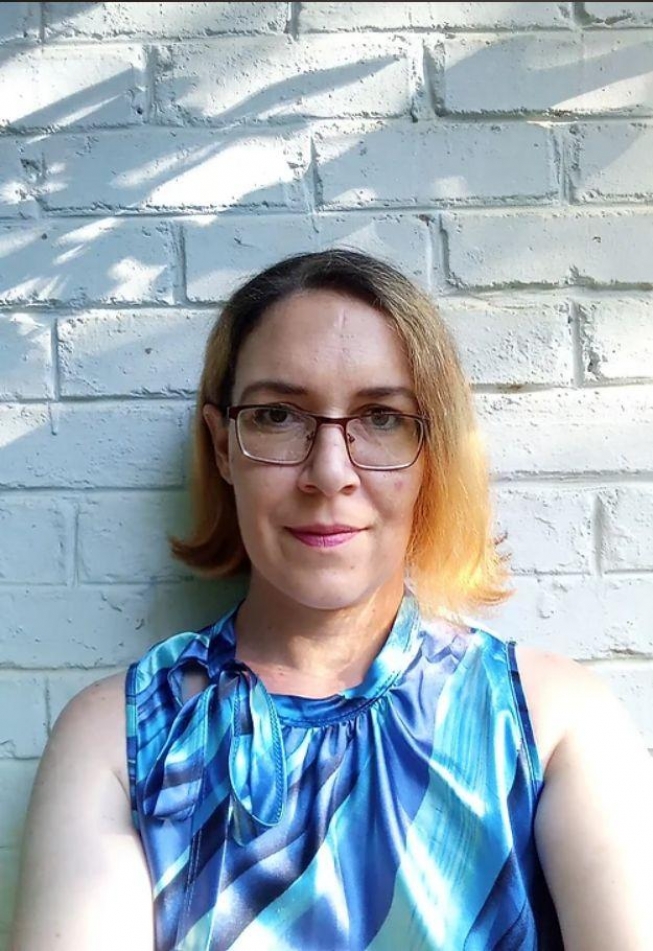
Über die Autorin
About the Author (Click for English Version)
CL Farley is a speculative fiction writer based in South Africa. She is a storyteller who favors speculative fiction and neurodiverse narratives. Her work received a Silver Honorable mention in the Young Writers of the Future, 3rd quarter 2022, and an Honorable Mention in the Young Writers of the Future, 4th quarter 2022. In her spare time, she gardens, collects rocks, plays video games badly, and referees the four cats who have adopted her.
The novella "The Invisible Girl" written by CL Farley is brought to us by Luna Press Publishing house based in Edinburgh, UK. Luna Publishing house has specialized themselves in speculative fiction novellas and other publications in the area of Science Fiction, Fantasy & Dark Fantasy in Fiction & Academia.
CL Farley ist eine in Südafrika lebende Autorin spekulativer Fiktion. Sie ist eine Geschichtenerzählerin mit einer Vorliebe für spekulative Fiktion und neurodiverse Erzählungen. Ihr Werk erhielt eine Silberne Laudatio bei den Young Writers of the Future, 3. Quartal 2022, und eine Laudatio bei den Young Writers of the Future, 4. Quartal 2022. In ihrer Freizeit gärtnert sie, sammelt Steine, spielt schlecht Videospiele und ist Schiedsrichterin für die vier Katzen, die sie adoptiert haben.
Die Novelle Das unsichtbare Mädchen von CL Farley wurde vom Luna Press Verlag aus Edinburgh, Großbritannien, zur Verfügung gestellt. Der Luna Verlag hat sich auf spekulative Belletristik-Novellen und andere Publikationen im Bereich Science-Fiction, Fantasy & Dark Fantasy in Fiction & Academia spezialisiert.
Das Produkt wurde kostenlos für die Besprechung zur Verfügung gestellt.
